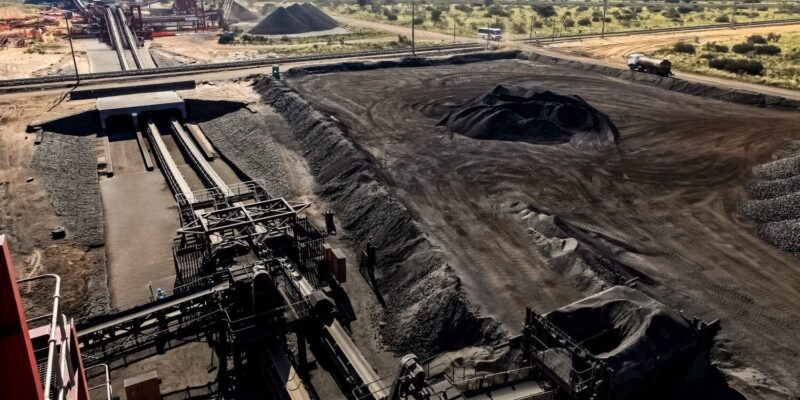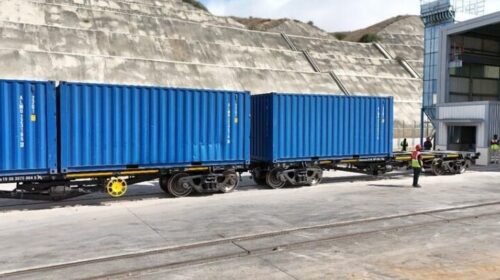Namibia: Locals to Own 15 Percent Stake in New Mines
As from 1 April this year, all applications for a mining licence in Namibia must have 15% local owners, the Ministry of Mines and Energy announced last week.
The move to localise ownership of Namibian mining licences follows the completion last year of a review of the Mining Act which covers prospecting and mining activities.
The ministry announced in a press release that all “applications by Namibian nationals for the transfer, cessation, assignment of mineral licences to foreign companies or persons may be granted provided 15% interest in the company is retained locally”.
Namibia is home to many companies engaged in exploration and actual mining. Very few of these companies have Namibian owners.
In some cases where Namibians had ownership, they ended up selling their stake to international companies.
Andreas Simon, the ministry’s spokesperson, however, said this would no longer be the case.
“The transfer, cessation, assignment of mineral licences by Namibians to foreign companies/persons will end after 1 April 2021,” he said on his social post.
Simon explained that the recent decision had been communicated to the public.
“The mines and energy ministry and the general public have been advocating local ownership and participation in the mining sector – by granting exclusive prospecting licences to indigenous people, in the hope of curing the absence of local ownership,” he said.
Simon further explained that most Namibians, after acquiring mineral rights, engage in the wholesale transfer of mineral licences to foreign entities or persons without insisting on retaining local ownership.
Most of this growth is expected to come from diamond production, but uranium is still expected to post negative growth this year.
PETROLEUM
The ministry also announced the suspension on accepting and processing new applications for retail and wholesale petroleum licences has now been lifted. The suspension took effect mid last year and was lifted at the beginning of this month.
According to the ministry, the suspension was to allow the ministry time to review and update the guidelines and requirements for petroleum downstream licences.
“The reorganisation was aimed at addressing the flaws in the downstream petroleum licensing system,” said Simon.
The ministry also said the Directorate of Petroleum Affairs was concerned about the ‘mushrooming’ of filling stations, particularly in areas with existing outlets.
“The other issue was the great number of idle wholesale licences. These challenges were mainly because of the ease of acquiring such licences,” the spokesperson said.
During the review the ministry reformed the guidelines and encouraged qualifying stakeholders to apply for licences.
![]()





